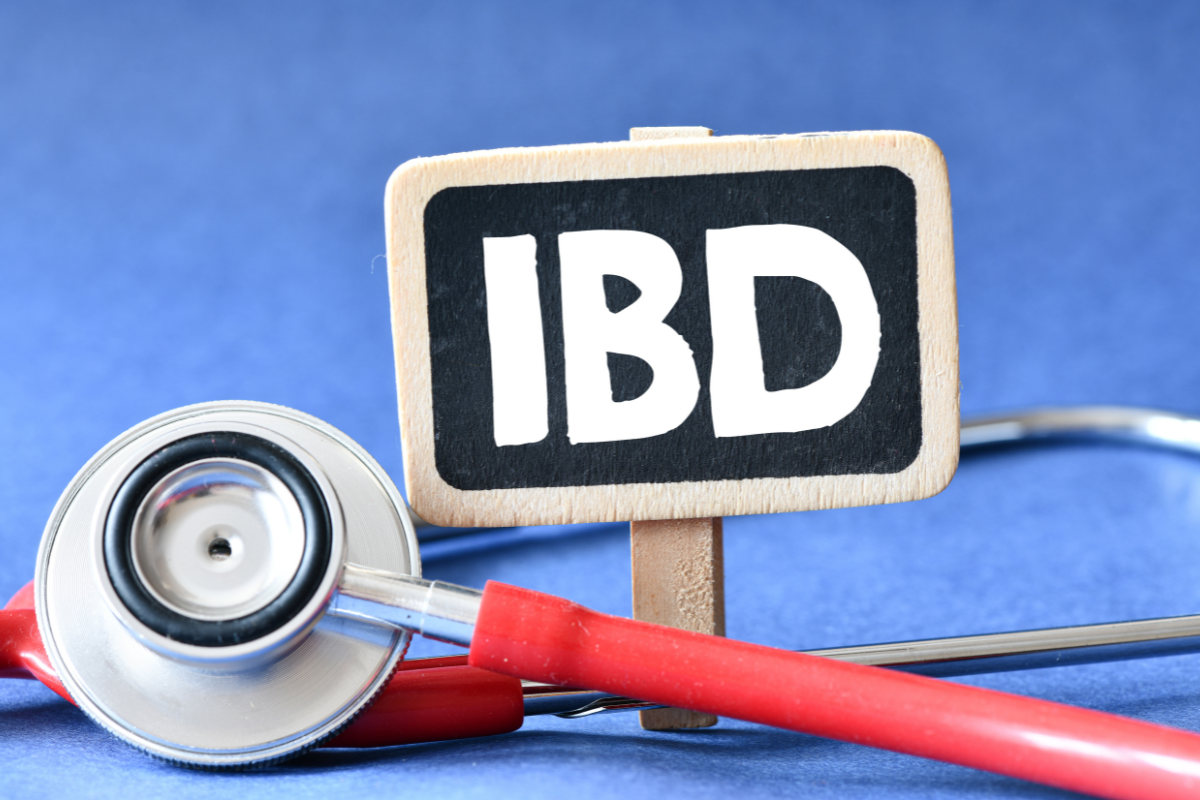What Is IBD? Understanding Inflammatory Bowel Disease

Inflammatory Bowel Disease (IBD) is a chronic condition where the body’s immune system mistakenly attacks the digestive tract. It can affect people at any age and, for many, it begins gradually with symptoms that are easy to overlook or misdiagnose.
While it shares similarities with other gut conditions like Irritable Bowel Syndrome (IBS), IBD is fundamentally different. It is an autoimmune condition that involves ongoing inflammation, damage to the gut lining, and in some cases, complications that extend well beyond the digestive system.
How IBD Affects the Body
In IBD, the immune system targets the gut as if it were a harmful invader. This constant attack leads to chronic inflammation, breakdown of gut tissue, and in some cases, ulcers in the digestive tract or even the mouth. The two main types of IBD are Crohn’s disease and ulcerative colitis, and while they affect different parts of the gut, both can cause significant disruption to daily life.
Common Symptoms of IBD
- Persistent abdominal pain
- Unexplained weight loss
- Nutrient deficiencies
- Fatigue that doesn’t improve with rest
- Diarrhoea, often with blood
Because symptoms can be intermittent and vague in the early stages, IBD is often misdiagnosed or dismissed. Fatigue may be brushed off as lifestyle-related, and bowel changes can be attributed to stress. This delay in diagnosis can lead to worsening inflammation and more serious complications over time.
The Role of Genetics and Environment
Like many autoimmune conditions, IBD often develops from a combination of genetic predisposition and environmental triggers. This could include dietary factors, stress, medications, or changes in gut microbiome. Hormonal changes, such as those that occur during the postpartum period, can also play a role — a time when symptoms are frequently written off as “normal” exhaustion or recovery-related.
The Hidden Impact of Living with IBD
Living with IBD often means managing not just symptoms, but the anxiety and logistics that come with it. Everyday activities like going to work, socialising, or travelling can become stressful. Many people find themselves planning around toilet access, restricting food intake before leaving the house, or cancelling plans due to flare-ups.
This physical and emotional burden can affect relationships, self-esteem, and overall quality of life. It's not just a digestive disorder — it’s a condition that touches every part of a person’s day.
Testing and Inflammation Markers
Inflammatory markers like C-reactive protein (CRP) can offer clues that something deeper is going on. Elevated CRP levels indicate systemic inflammation and are often used to support diagnosis and track disease activity. While not specific to IBD, a high CRP is one of the body's early alarm signals that shouldn’t be ignored.
Why Early Diagnosis Matters
Delays in diagnosis can lead to long-term damage, with some individuals eventually requiring surgery to remove parts of the bowel. Early intervention can help reduce inflammation, preserve gut function, and improve outcomes.
Please update the “Product” setting with the product you want to display.






